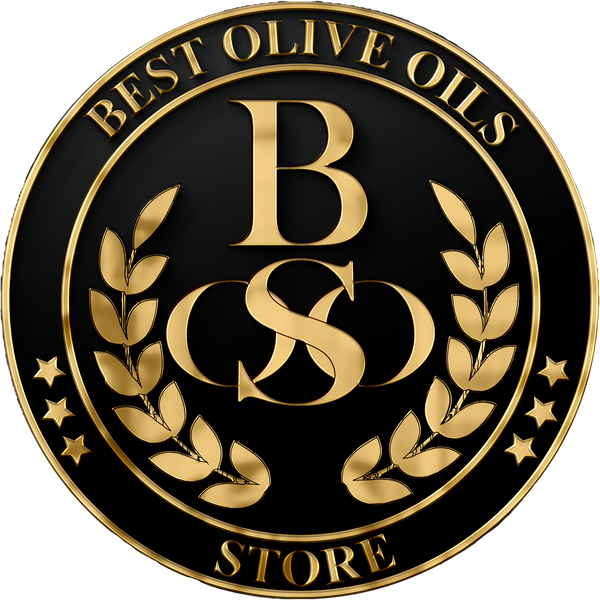
Kasell

our place
The agnomen of Monemvasia is “Gibraltar of the East” as it happens to be an identical diminution of the rock of Gibraltar. On the rock stands upright the unconquerable castle of Monemvasia, underlying the character of the local residents…
Here, at the area of Monemvasia, this blessed since antiquity place, it is produced probably the finest extra virgin olive oil you may find. Athinolia and Koroneiki olive trees coexist and are mixed in a wonderful way for its production. The rich soil, the rugged nature, as well as the special microclimate of the area that is surrounded by the Aegean Sea in combination with the traditional and simultaneously modern cultivation methods implemented for the production of this product, all together are respectively responsible for this very special product.
our people
The infertile and rocky peninsula with the medieval fortress and the historic connection of the area with Ancient Sparta transmits to the residents an uncompromising character, firm habits and customs, freedom, as well as honesty, fortitude and decency.
They show great respect to traditions, while the institution of family is of duly respect and wider common acceptance.
Work in the sense of creation and creativity is reflected on the daily tough struggle with earth, trees and unpredictable weather conditions through the centuries.
Mostly, accustomed to difficult conditions and fighters, they have learnt to overcome obstacles and also to develop…

Environment & People
In order K.A.S.E.L.L. to achieve this goal, it certifies all stages of production process beginning with the first one regarding the primary production. Though the integrated management system AGRO 2.1 & 2.2 that we implement, we achieve rationalization of fertilizers’ and pesticides’ use. There are recommended, controlled and registered in farmers’ registries and agricultural farming methods and means of olive trees’ cultivation, friendly for the environment and for humans.
In the very short future, we will be able to produce also extra virgin olive oil, during the production of which the atmosphere shall not be burdened with carbon dioxide pollutants (climate neutral). The next certification is in the field of processing, with the application of ISO:22000 in all our olive oil presses. The implementation of this standard is a guarantee both for the security, hygiene and traceability of produced olive oil and the protection of the unique natural environment, wherein we live and work.
The olive oil’s bottling in its turn is effectuated according to the international standards ISO 22000 & IFS Food for the safeguard of the quality of the product that is offered to the consumer in its final form.
K.A.S.E.L.L.’s Extra Virgin Olive Oil under the trade name “Phileos” is considered a Protected Geographical Indication LACONIA (PGI LACONIA), since the total quantity of the bottled olive oil in our facilities is provided by our olive oil presses that follow the procedure PGI LACONIA. Finally, it is worthy of note that we also produce and standardize organic extra virgin olive oil, which is certified by the competent certification body.

Olive oil mills
We indicatively mention the processes that take place in the local olive oil mills. The olive oil treatment includes the collection of olives, their washing, grinding, kneading, the receipt and finally the cleaning of the produced olive oil.
In details:
Receipt of olives: Following their harvest, olives are delivered to the processing plants. Their transfer is made in plastic crates with holes for ventilation or cloth sacks. Their process is effectuated as soon as possible, i.e. within 24 hours.
Removal of leaves, impurities and washing: Foreign substances, if ground along with the olives, adversely affect the scent of olive oil and increase its acidity. Therefore, olive are initially placed in the olives receipt funnel and then in the leaves remover for the removal of leaves and other substances. Then they are washed for the removal of foreign substances (mud, earth, dust, dirt).
Grinding of olives: in modern facilities grinding is effectuated by hammer mills or grinders. Kneading of the olive paste: Following grinding, the olive past is mixed in the kneader (stainless tanks with double walls heated with warm water circulation, the temperature of which shall not exceed 26 C).
Kneading is a principal stage of process: it usually lasts 30 minutes and contributes to the consolidation of small olive oil droplets with bigger ones.
Olive oil extraction: The receipt of olive oil is made with two process methods: the two-phase and three-phase process with the use of modern centrifugation machines that can separate olive oil from olive paste without adding water. In this way there is not liquid waste (sewage), as they are integrated in the olive husk, which therefore it contains more humidity in relation to that produced in three-phase process.
Centrifugation: The olive oil is separated by the olive hush (wherein sewage is integrated) with the influence of centrifugal force which increases the specific weight difference between olive oil and liquid olive husk. The process is effectuated with centrifugal separator with horizontal spindle. The centrifugal force coefficient (G) is bigger in two-phase systems (3000 – 3600) than in three-phase systems (2000 – 2600). The olive oil extracted by two-phase decanter, may contain small solid particles, which are however removed with the use of reciprocating screens.
Olive oil cleaning: The last stage of olive oil production comprises its cleaning from solid particles (pieces of pulp, peel, particles of olive nucleus etc.) that are dissolved in the liquid. These particles’ weight is calculated to be 0.5 – 1% of the total weight during liquid stage and they are removed with the use of reciprocating screens (defecation screens). Finally, it follows the separation of olive oil from vegetal liquids with the use of centrifugation separators and the final product is stored in stainless tanks.


our products
The extra virgin olive oil of K.A.S.E.L.L. is the product of Laconian olives of the famous varieties Koroneiki (70% – 80%) and Athinolia (20% – 30%). These varieties are wonderfully “mixed” and their final product represents ideally the rugged nature of the area and its unique microclimate always in combination with traditional and simultaneously modern methods of cultivation used by the producers – members for their productions.
The olive oil is produced on the day of harvest with the method of cold extraction and is kept under controlled temperature conditions following strict hygiene control and with the support of modern equipment. The result of the whole procedure is the production of an excellent quality product with mild tasty taste, golden green colour and with particularly low acidity, below 0.4%.




www.kasell.gr


